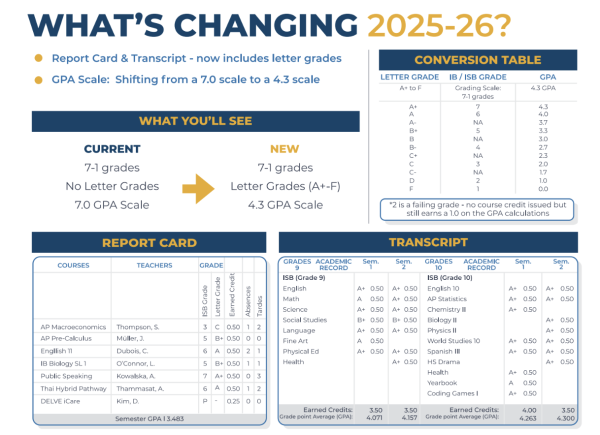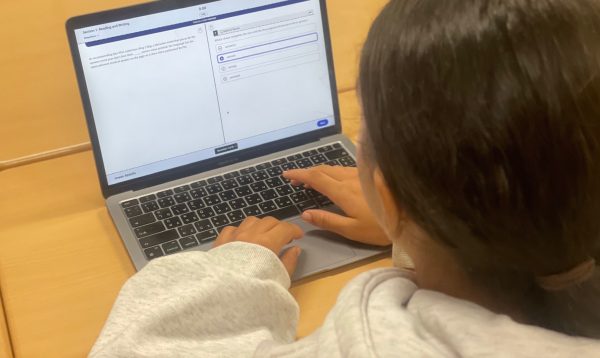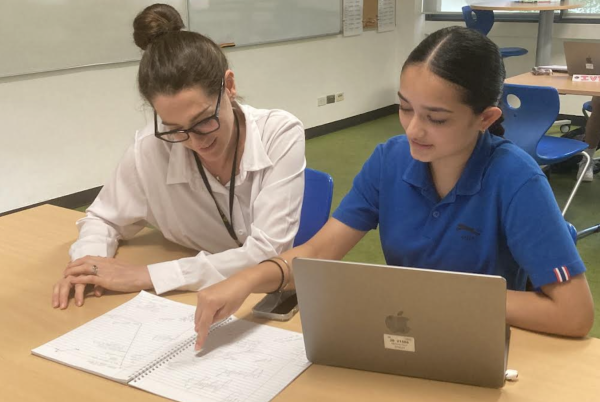Does Homework Really Help?
It is a commonly held believe among most teachers and many students that homework is inherently beneficial, but is it? Over the last decade, numerous researchers from universities such as Stanford have unearthed the dark side of homework. At present, the consensus in the United States is that teachers should be assigning more than 10 minutes of homework per grade level. This means high schoolers should be receiving a maximum of 90 minutes to 120 minutes of homework each evening while following the consensus.
Many ISB students have a daily schedule looking something like this; you wake up around 5:45 or maybe even earlier, then you spend the next 75 minutes eating breakfast, taking a shower, and getting your stuff together. Then, around 7:00 your bike or maybe drive to school, unless you live downtown in which case you get up even earlier to take a shuttle.
Once you get to school you spend the next seven hours going from class to class with a lunch break in the middle, which is often spent studying. At around 2:30, school lets out, and you might catch a bus back home or, like many students, you probably have afterschool activities such as clubs or sports. These usually last until about 5:00, and if you live in Nichada you are usually home by 5:15. If not, you take a bus downtown and would arrive home at around 7:00 PM.
Assuming you are home and settled by 6:00, you probably have several hours of homework, so you spend an hour on that, eat dinner, and by 7:30, yet you still have at least another hour of homework. So you work on that, and by 8:30 you might be finished working, giving you a precious 15 minutes of freedom to brush your teeth before going to bed in order to get the healthy eight hours of sleep recommended for teens.
More often that not you will either have a test to study for, more than two hours of homework, or you will just want some free time to watch a movie, read a book, play video games, or hang out with a friend, so you will stay up for a few more hours to around 10 or 11 PM before sleeping, leaving yourself about 6 to 7 hours of sleep assuming you will fall asleep right away.
When looking at this schedule, you can see the inherent problem of homework. One its most major impacts, aside from being a very one-size-fits-all system, is that it takes away from family time, causes sleep deprivation, and can lead to poor health as well as the use of drugs as artificial stimulants. Research has in fact shown that a very small amount total nightly homework as non-required practice for some subjects such as math can be beneficial to academic success. But teachers impulsively assigning hours of homework that only acts as a time consumer rather than a valid educational tool serves only to cause stress and enmity toward that subject.
ISB has a policy wherein it lets individual teachers govern amount and frequency of homework, which by the way cannot legally be graded. If you do not comply with your assigned homework, then unless it creates significant biases in the part of your teacher it will not impact your grade. The only form of punishment that they have the power to inflict on you is the power to send you to MSH (Mandatory Study Hall) and or complain to your parents.
Homework, as stated previously, is a one size fits all system with little room for alternative learners or people with learning disabilities, who often have high intelligence but do not learn from such traditional methods. For a school like ISB that prides its self on attracting diverse students with varied needs, when so much evidence points to a negative impact homework has, it is a shame that ISB continues to participate in this outdated practice.
Joshua Wright






